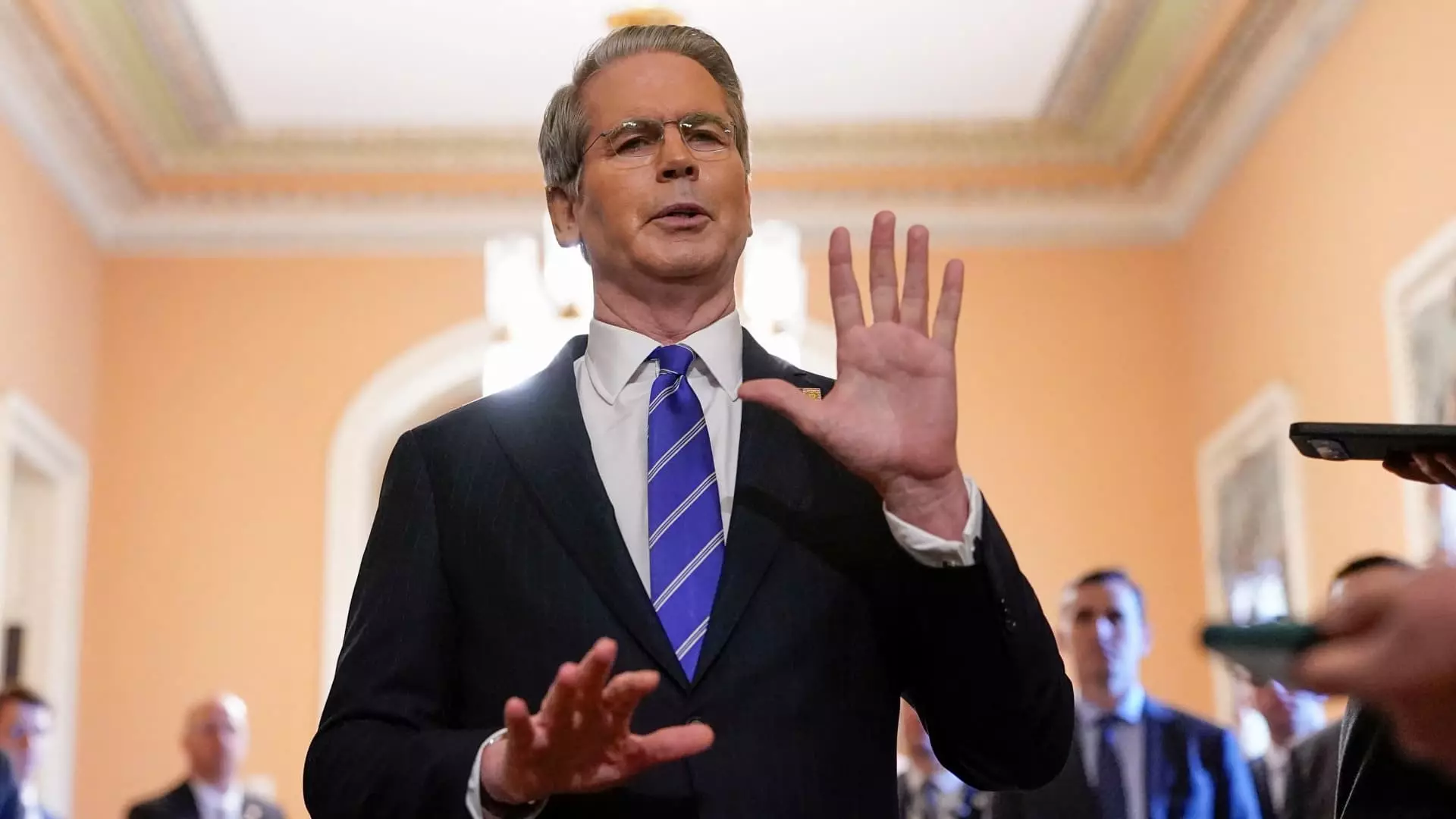The recent discourse surrounding impending U.S. tariffs reveals a dangerous misconception: that market leverage can be weaponized to coerce fair trade. The Trump administration’s tactic of threatening to revert tariffs to earlier, higher levels if no agreement is reached by August is not a negotiation strategy but a gamble that risks destabilizing the fragile fabric of international commerce. Tariffs are often portrayed as tools to safeguard national interests; however, they frequently undermine the very economic stability they purport to protect. Increasing tariffs under the guise of negotiation only stimulates uncertainty, inflates costs, and strains diplomatic relationships. The U.S. seems to be pursuing a transactional approach that neglects the interconnected realities of global supply chains and mutual economic dependence.
The Mirage of Strategic Flexibility
Scott Bessent’s comments about the August 1 deadline highlight a superficial clarity. Yet, they mask the deeper issue: these tariffs cast a shadow of unpredictability over the global economy. The White House’s characterization of this date as a mere milestone rather than a hard deadline smacks of a façade designed to buy time—an illusion of control in a situation that is inherently unstable. The administration’s narrative suggests a readiness to “move forward” if negotiations fail, but this rhetoric conceals the potential fallout: spiraling retaliation, damaged international trust, and economic backlash that will disproportionately hurt ordinary consumers and small businesses. The language surrounding tariffs often downplays the reality that they are—not tools of leverage—but barriers that hinder sustainable growth.
Ambiguous Intentions and the Danger of Isolationism
While the administration touts imminent trade agreements, skeptics recognize in these claims a pattern of brinkmanship that prioritizes political posturing over genuine economic diplomacy. The promise of a few “big announcements” amid the haze of uncertainty reveals an underlying desire for quick political wins rather than thoughtful, long-term strategies. This approach discourages collaboration, riskily mimicking protectionism’s worst instincts that historically lead to global economic downturns. The message is clear: the U.S. may resort to complex tariffs not as a last resort but as a default stance, risking the very stability needed for meaningful international partnerships. If tariffs become the language of diplomacy, the global economy could suffer the consequences of being caught in a cycle of escalation and retaliation.
A Call for Rational Trade Policies
The reality is that tariffs are no silver bullet for achieving trade fairness. Their collateral damage—rising consumer costs, strained international relations, and dwindling consumer confidence—often outweighs short-term political gains. A center-leaning perspective must advocate for more balanced, sustainable trade policies rooted in diplomacy and cooperation rather than aggressive tariff threats. Reinforcing international institutions, fostering transparent negotiations, and emphasizing mutual interests over unilateral threats are essential steps toward a less volatile economic future. The current trajectory, if left unchecked, risks transforming trade disputes into full-blown crises, undermining global stability and economic well-being.

Leave a Reply